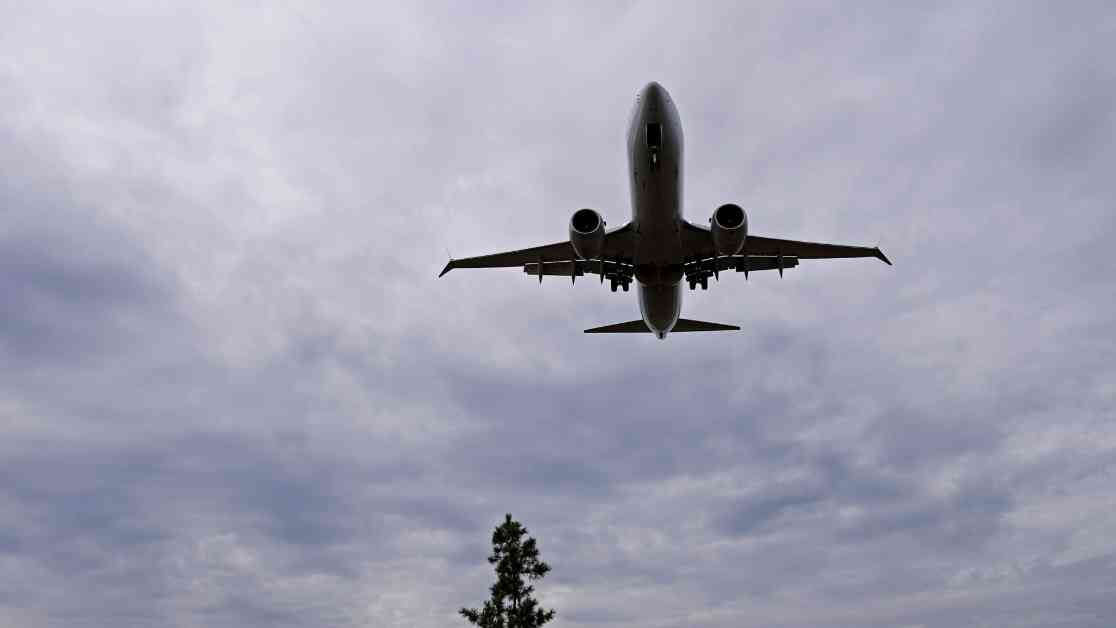Boeing, a longstanding icon in the aerospace industry, has faced numerous challenges in recent years, particularly following the two fatal crashes of its 737 Max planes. The company has been working diligently to address quality control issues and restore its reputation for safety and reliability.
After a recent incident involving a door plug blowing out of a Boeing 737 Max 9, the company has been under increased scrutiny. Boeing’s leaders have outlined a plan to improve oversight, safety measures, and training for employees. Additionally, the company has made efforts to address production flaws by acquiring its fuselage supplier, Spirit AeroSystems, and reaching a plea deal with the Justice Department related to the 737 Max crashes.
Despite these efforts, Boeing still faces challenges in regaining the trust of stakeholders, including investors, regulators, and airlines. The company’s stock price has dropped significantly, and it continues to experience delays in aircraft deliveries. Airlines such as Southwest, United, and American have expressed frustration over the delays, impacting their operations and flight schedules.
Boeing’s decision to slow production of its planes in response to quality control issues is seen as a step in the right direction. The company aims to increase production rates gradually while ensuring that manufacturing flaws are addressed. Employee involvement in the recovery process, along with a plea deal with the DOJ, are part of Boeing’s strategy to strengthen safety and quality control measures.
Looking ahead, Boeing faces the challenge of attracting and retaining talent in a competitive aerospace industry. The company’s reputation and future success will depend on its ability to demonstrate leadership, innovation, and a commitment to safety. Analysts suggest that developing new aircraft designs and investing in future projects could help Boeing rebuild its reputation and secure its position in the market for years to come.
















